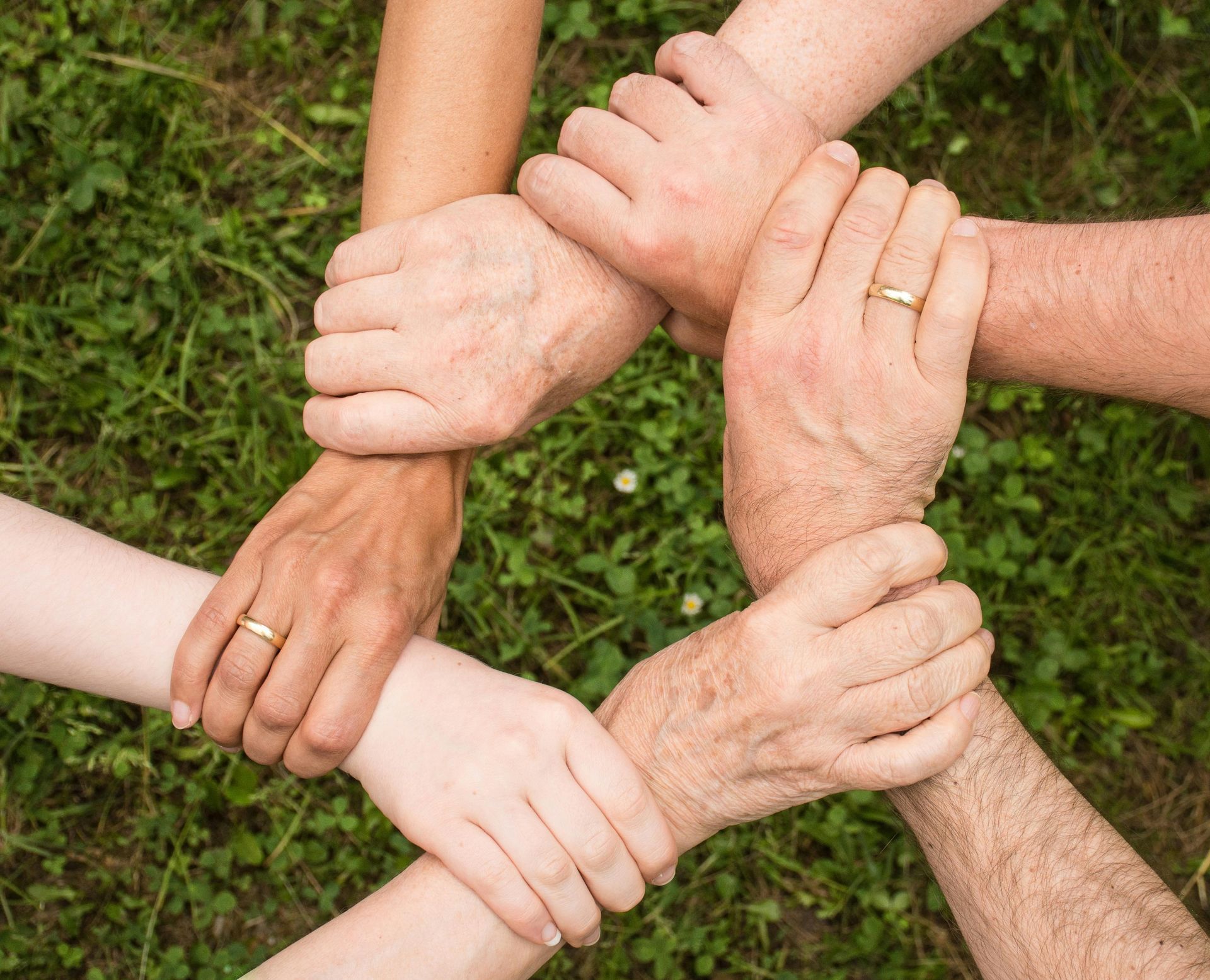Embracing Self-Love and Self-Care This Valentine’s Day

As Valentine’s Day approaches, the air becomes filled with images of red roses, heart-shaped chocolates, and declarations of romantic love. But amidst the rush to express affection for others, it's easy to forget one of the most important relationships we have: the one with ourselves. Research highlights that self-love is linked to improved mental health and life satisfaction (Neff, 2003; Gilbert, 2009). This year, why not shift some of that loving energy inward? Self-love and self-care are powerful practices that can transform not just Valentine’s Day, but every day.
Why Self-Love Matters
Self-love is the foundation of a fulfilling life. Studies show that self-compassion reduces anxiety and depression while enhancing emotional resilience and confidence (Neff & Germer, 2013). When we treat ourselves with compassion, respect, and kindness, we build resilience, confidence, and emotional well-being. It’s about accepting ourselves as we are—flaws and all—while also nurturing our growth.
Practicing self-love doesn’t mean being selfish; it’s about creating a healthy balance where we prioritize our own needs alongside those of others. After all, as the saying goes, "You can’t pour from an empty cup." When we invest in our own well-being, we’re better equipped to show up for the people we care about.
The Art of Self-Care
Self-care goes hand-in-hand with self-love. It’s the practical expression of valuing yourself, and it looks different for everyone. For some, it might mean carving out time to meditate or exercise. For others, it could involve journaling, taking a long bath, or simply saying “no” to obligations that drain your energy.
Here are some self-care ideas to inspire you this Valentine’s season:
- Treat Yourself: Buy yourself flowers, a delicious dessert, or a small gift—just because you deserve it!
- Create a Self-Love Ritual: Write down things you love about yourself or affirmations that lift you up. Read them aloud in front of a mirror.
- Pamper Yourself: Indulge in a spa day at home with a face mask, soothing music, and candles.
- Disconnect: Take a break from social media if it’s making you feel overwhelmed or inadequate.
- Do What You Love: Whether it’s painting, dancing, or binge-watching your favorite series, make time for activities that bring you joy.
Reframing Valentine’s Day
Valentine’s Day doesn’t have to be reserved for romantic relationships. Consider celebrating it as a day of self-appreciation. Here are a few ways to make it special:
- Plan a Solo Date: Visit your favorite café, go for a scenic hike, or watch a movie that’s been on your list.
- Write Yourself a Love Letter: Reflect on your strengths, achievements, and the qualities that make you unique. Seal it and save it for a day when you need a boost.
- Host a Self-Care Night: Invite friends over for a cozy evening of face masks, comfort food, and heartfelt conversations, or enjoy the solitude of your own peaceful retreat.
Spreading the Love
When you fill your own cup, it often overflows—allowing you to share love and kindness with others. Consider extending your self-care practices outward by:
Sending uplifting messages to friends and family.
Volunteering or donating to a cause you’re passionate about.
Supporting small businesses or artists by purchasing their creations as gifts for yourself or others.
A Valentine’s Day to Remember
This Valentine’s Day, redefine what it means to celebrate love. Instead of focusing solely on grand gestures for others, take the time to nurture and cherish yourself. When you prioritize self-love and self-care, you set the stage for a life that’s rich with joy, connection, and fulfillment—not just on February 14th, but every day of the year.
References
Neff, K. D. (2003). Self-compassion: An alternative conceptualization of a healthy attitude toward oneself. Self and Identity, 2(2), 85-101.
Gilbert, P. (2009). The compassionate mind: A new approach to life's challenges. New Harbinger Publications.
Neff, K. D., & Germer, C. K. (2013). A pilot study and randomized controlled trial of the mindful self-compassion program. Journal of Clinical Psychology, 69(1), 28-44.
Center for Psychological Health & Wellness
122 West Lancaster Avenue, Shillington, Pennsylvania 19607, United States
Phone 484-509-0499 Fax 484-324-6685
Please click this link to view the Center for Psychological Health and Wellness Privacy Policy for TCR Registration for SMS.
Copyright © 2024 Center for Psychological Health & Wellness - All Rights Reserved.

